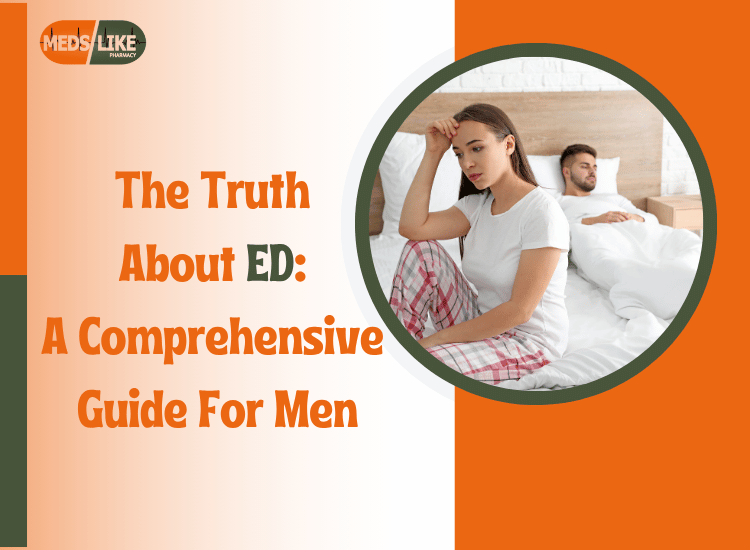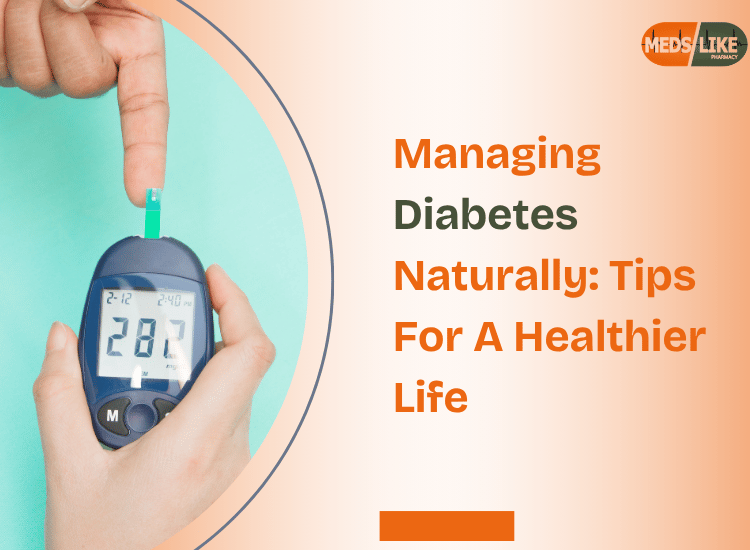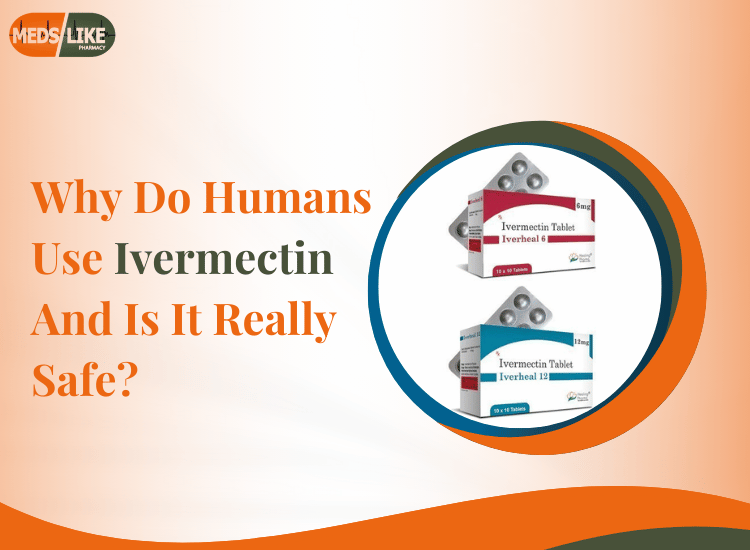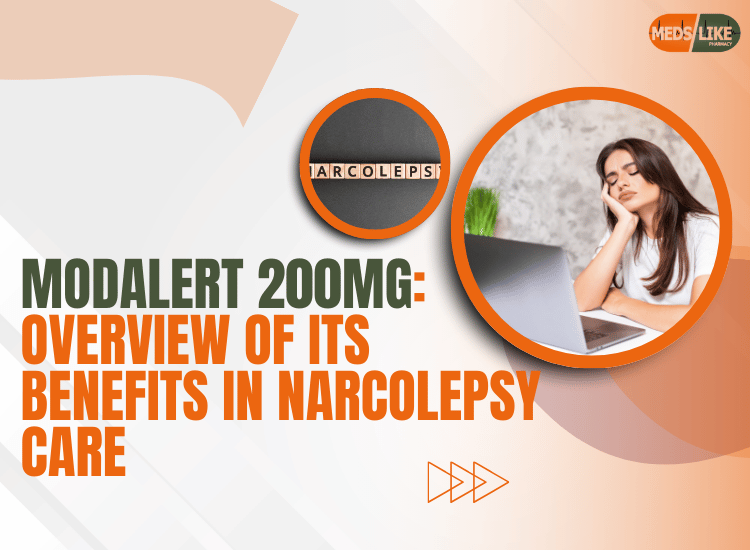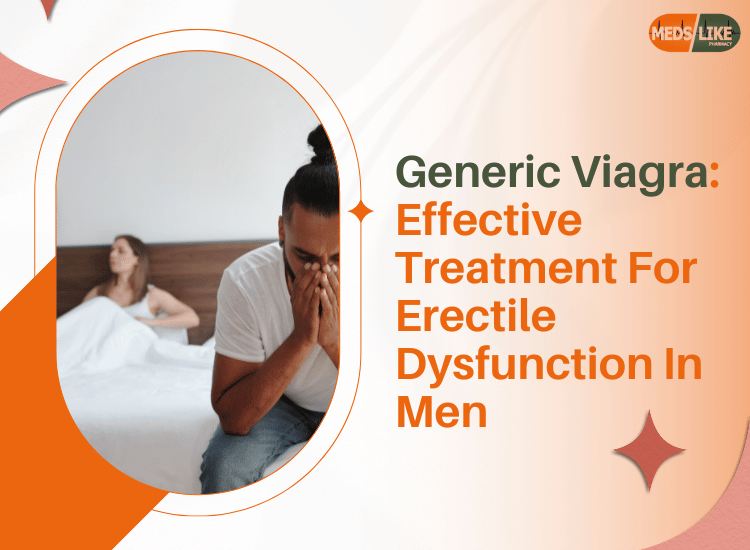Thyroid hormone is produced by the thyroid gland and regulates numerous bodily functions, including how quickly you burn calories and how rapidly your heart beats. Thyroid diseases cause the gland to produce too much or too little hormone. You may feel restless or exhausted all of the time, or you may lose or gain weight, depending on how much or how little hormone your thyroid produces. Thyroid disease is more common in women than in males, especially after pregnancy and after menopause.
Thyroid Disease is typically addressed by hormone specialists known as endocrinologists and thyroidologists. But it can also be diagnosed and managed by basic care doctors. Complementary treatments can be provided by other healthcare professionals such as naturopaths and chiropractors.
Thyroid Disease is Treated By Who?
Thyroid disease and its symptoms can be managed by a variety of physicians. Some patients only see one doctor for thyroid disorders. While others manage their ailment with the help of a medical team. You should think about the following categories of doctors:
Doctors that specialize on primary care
Thyroidologists or endocrinologists
Naturopaths and chiropractors are among the holistic thyroid practitioners.
What are Thyroid Disease and How Does It Affect You?
The thyroid gland is a butterfly-shaped gland located in the front of the throat. It makes hormones that are important for a variety of biological activities, including growth, development, and metabolism. Thyroxin (T4) and triiodothyronine (T3) are the two hormones in question (T3). The pituitary gland, which monitors hormone levels and informs your thyroid how much to create, is crucial to thyroid function.
Thyroid-stimulating hormone, produced by the pituitary, provides this control on the thyroid (TSH). The pituitary produces more TSH to stimulate the thyroid to enhance production when thyroid hormone levels drop.
You can have too much thyroid hormone (hyperthyroidism) or too little thyroid hormone (hypothyroidism) if you have thyroid disease. Hyperthyroidism causes your body’s systems and processes to speed up. Whereas hypothyroidism causes them to slow down, resulting in the opposite symptoms.
Thyroid Physician
Thyroidologists are endocrinologists that have received further training and specialize in thyroid problems. If you have any of the following symptoms you may need to contact a thyroidologist:3
- Have nodules on your thyroid?
- Do you have any other thyroid growths?
- Aren’t improving despite treatment
What are the Signs and Symptoms of Thyroid Disease?
Hypothyroidism manifests itself in a variety of ways, which vary from person to person. Hypothyroidism can cause a variety of symptoms.
Fatigue
Gaining weight
Cold Tolerance Issues
Muscle and joint pain
it’s dry skin or thinning hair
Fertility issues or heavy or irregular menstrual cycles
Heart rate slowed Depression
Medicines
What are the Effects of Thyroid Issues on Women?
Thyroid illness is more common in women than in males. Thyroid disease affects one out of every eight women at some point in her life.1 Thyroid diseases can cause:
· You’re having issues with your menstrual cycle. Your thyroid aids in the regulation of your menstrual cycle. Your periods may become very light, heavy, or irregular if you have too much or too little thyroid hormone. Thyroid disease can also induce amenorrhea. Which is when your periods stop for several months or more. Other glands, including your ovaries, may be affecter if your immune system causes thyroid disease. Early menopause may result as a result of this (before age 40).
· Having trouble getting pregnant. Ovulation is affecter when thyroid illness impacts the menstrual cycle. This may make it more difficult for you to conceive.
· Obstacles during pregnancy Thyroid issues during pregnancy can affect both the mother and the baby’s health.
Thyroid disorders can sometimes be confuse for menopause symptoms. thyroid disease, particularly hypothyroidism. It is more prone to develop.
What is Thyroid Cancer and How Does it Affect you?
Thyroid cancer develops when cancer cells grow in the thyroid gland’s tissues.
The majority of patients who have thyroid cancer have a thyroid nodule that causes no symptoms. Swelling or a lump in your neck may be present if you have symptoms. It’s possible that the lump will make it difficult to swallow. Some people’s voices become hoarse.
Your doctor will conduct testing to see if the tumor or nodule is malignant. Thyroid nodules in the great majority of cases are not cancerous
The National Cancer Institute’s thyroid cancer page has more information about the disease.
What is the Treatment for Thyroid Cancer?
Surgery to remove the entire thyroid gland, or as much of it as may be safely remove, is the most common treatment for thyroid cancer. Thyroid cancer can be cured with surgery alone if the tumor is small and has not progresses to the lymph nodes.
your doctor may prescribe radioiodine therapy. Thyroid cancers cells that were not eliminate after surgery or that have migrate to other regions of the body are destroyer by radioiodine therapy.
Other therapies for thyroid cancer may be discusses with your doctor. The National Cancer Institute has more information on thyroid cancer therapies.


